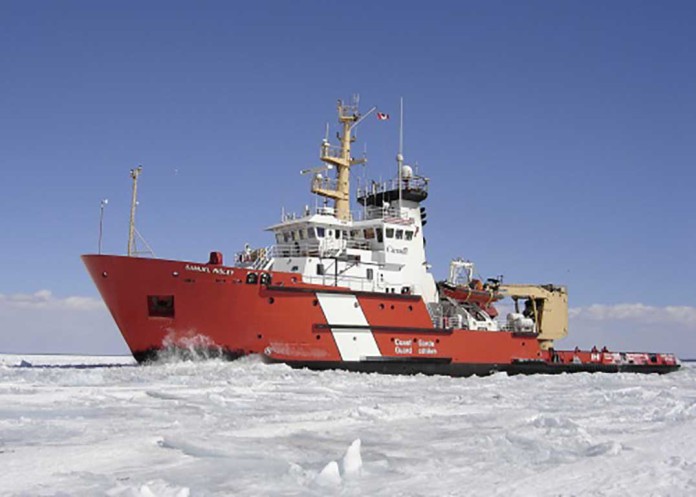A precedent setting threat to the Great Lakes by America’s thirsty midwest
To the Expositor:
The Department of Natural Resources of the State of Wisconsin has finished its review of the City of Waukesha’s request to divert 10.1 million gallons a day from Lake Michigan. It has recommended approval, and Wisconsin has now forwarded the application to the Great Lakes and St. Lawrence Governors’ and Premiers Regional Body and and the Great Lakes-St. Lawrence River Basin Water Resources Council (Governors’ Compact Council). This is the first test of the Great Lakes Compact, which went into effect in 2008.
The Compact says that communities wishing to divert water from the Great Lakes but lying outside the Great Lakes watershed must go through this process.
The eight Great Lakes governors (Governors’ Compact Council) have the ultimate say on the matter and any one of them can veto the application. The premiers of Ontario and Quebec are part of the Regional Body and have an advisory role.
Now, “the Regional Body and Compact Council have begun a review of the application. When the Regional Body’s review is concluded (anticipated to be in April), it will issue a Declaration of Finding regarding the application’s consistency with regional standards. Under the Agreement that Declaration of Finding may be a denial, an approval, or an approval with conditions. The Governors’ Compact Council will consider the Regional Body’s Declaration and then issue the final decision on the application. If all members of the Governors’ Compact Council vote to approve or approve with conditions, the State of Wisconsin can then proceed with its regulatory decision making and permitting as appropriate. If there is a dissenting vote, then the application cannot move forward.” (www.waukeshadiversion.org)
Waukesha’s diversion request is a real threat to the Great Lakes. Its outcome will be precedent setting, with many other communities poised to follow in Waukesha’s footsteps if the application is approved. An approval may also be the first step in cracking the Compact, thus opening Great Lakes water to thirsty regions far from the Lakes themselves.
It is unfortunate that the Wisconsin Department of Natural Resources has recommended approval, but it is not surprising. Political power in the State of Wisconsin is in the hands of a virulently anti-environmental governor and state legislature. The director of the DNR is a political appointee who has cut nearly two dozen science positions from the agency and has made it clear that the State is wide open to sulfite mining, high capacity water mining, frack-sand mining and mega CAFOs which are causing vast ground water contamination.
Waukesha’s diversion request should be denied for a number of reasons, among them:
• Waukesha has created a false need for water by including a proposed expanded water supply service area in its application (an increase of 40 percent) and has inflated future water demand estimates—all for the sake of industrial and residential expansion outside the city limits.
• There are other reasonable alternatives to pumping water from Lake Michigan—the water table has rebounded in the area and a few deeper wells mixed with the existing supply would reduce troublesome radium to acceptable levels.
• Waukesha has done next to nothing to conserve water and its conservation plan is inadequate.
The bottom line is that Waukesha does not meet the high standards set in the Great Lakes Compact for approval to divert water outside of the Great Lakes Basin. As this is the first test of the Compact, it is critically important that the Compact be upheld.
While the Premiers of Ontario and Quebec cannot veto the Waukesha request on their own, they can wield immense influence. It is important that the people of Great Lakes Canada let it be known that the Lakes need to be protected and that the Waukesha application should be denied.
In addition to working through political channels in Ontario and Quebec, Canadian individuals and organization can submit comments:
By mail, at 20 N. Wacker Drive, Suite 2700, Chicago, Illinois, 60606
By email at comments@waukeshadiversion.org
www.waukeshadiversion.org/comments
At the public hearing on February 18, 2016 beginning no sooner than 3 pm CST at Carroll University in Waukesha, Wisconsin.
The decision of the Governors Compact Council is very much up in the air. The word from Canada may be a deciding factor.
Jim Nies
Kagawong and Whitewater, Wisconsin



